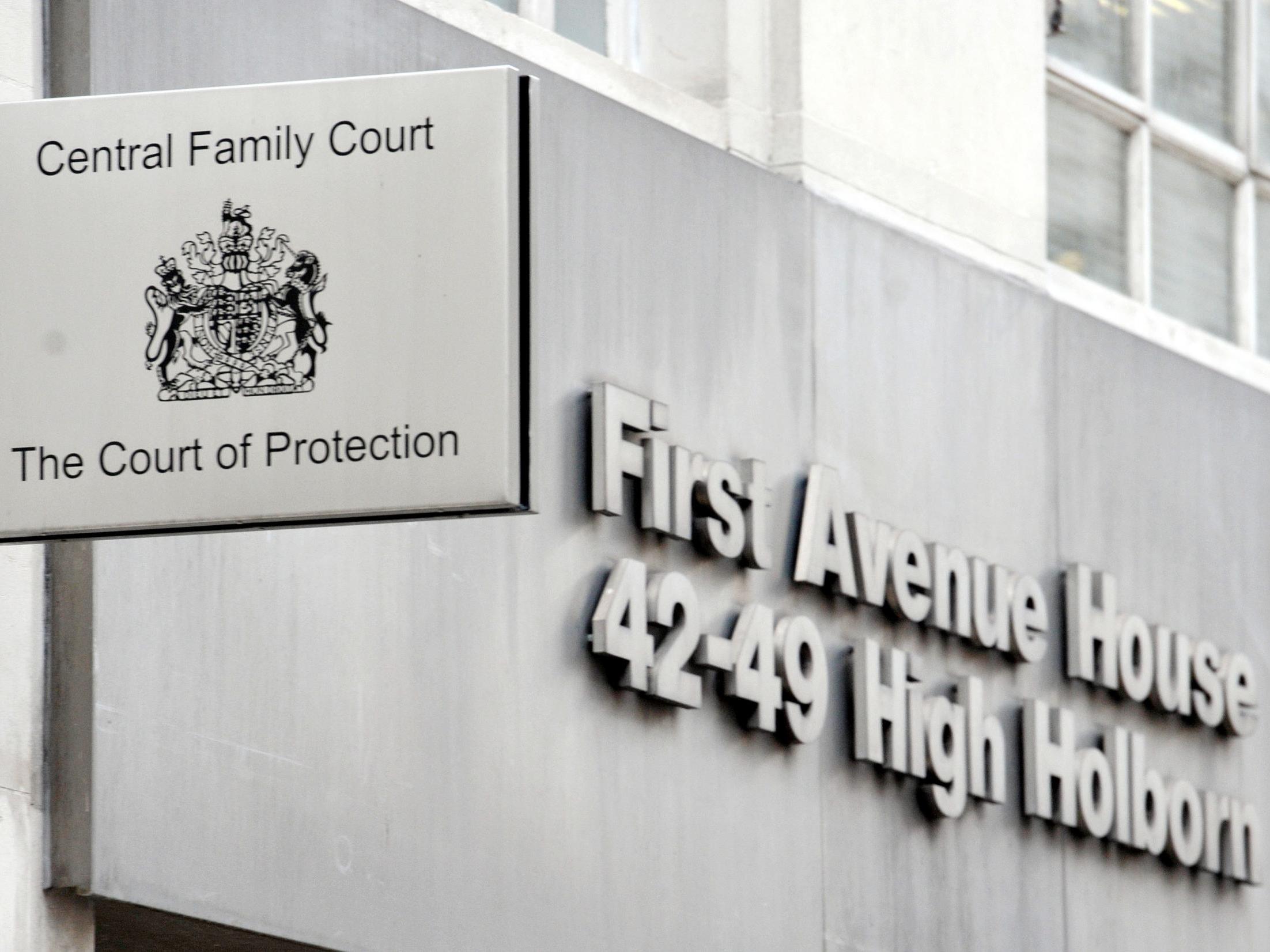Woman must have chemotherapy despite wanting to die, judge rules
Brain tumour has left cancer sufferer mentally incapable of making decisions about her treatment, doctors say

Your support helps us to tell the story
From reproductive rights to climate change to Big Tech, The Independent is on the ground when the story is developing. Whether it's investigating the financials of Elon Musk's pro-Trump PAC or producing our latest documentary, 'The A Word', which shines a light on the American women fighting for reproductive rights, we know how important it is to parse out the facts from the messaging.
At such a critical moment in US history, we need reporters on the ground. Your donation allows us to keep sending journalists to speak to both sides of the story.
The Independent is trusted by Americans across the entire political spectrum. And unlike many other quality news outlets, we choose not to lock Americans out of our reporting and analysis with paywalls. We believe quality journalism should be available to everyone, paid for by those who can afford it.
Your support makes all the difference.A woman with a brain tumour should have chemotherapy despite “wanting to die”, a judge has decided.
The cancer sufferer, in her sixties, has been left mentally incapable of making decisions about her treatment because of the illness, doctors told Mr Justice Hayden.
However, during the period when she was still capable of making decisions, she had said she would not want to live with cancer, he heard.
Doctors told the judge there was a 50 per cent chance the woman, who cannot be named for legal reasons, would be cured if she had chemotherapy.
They also thought the treatment would allow her to regain the mental capacity to make decisions.
Mr Justice Hayden concluded she should have chemotherapy, but if she regained the mental capacity to make decisions she would be free to decide against it.
The judge analysed the case at a London hearing in the Court of Protection, where issues relating to people who may not have the mental capacity to make decisions are considered.
He said Imperial College Healthcare NHS Trust, based near Paddington, in London, had responsibility for the woman's care and had asked him to decide whether she should have chemotherapy.
Mr Justice Hayden heard evidence from doctors and from one of the woman’s adult children.
The judge said there was no doubt she would benefit from treatment, but the question was whether she would want it.
He said people are entitled to make decisions which are not in their best interests.
He said the balance of evidence showed that, if well and able to make decisions, the woman would have wanted to live, but the decision was not easy.
“What I have got to think about is what she would have wanted herself,” he said.
“There is a lot of evidence here that [she] would not want to live with cancer.
“I want to be very, very careful not to impose beneficial paternalism on a person in her position.”
Press Association contributed to this report
Join our commenting forum
Join thought-provoking conversations, follow other Independent readers and see their replies
Comments